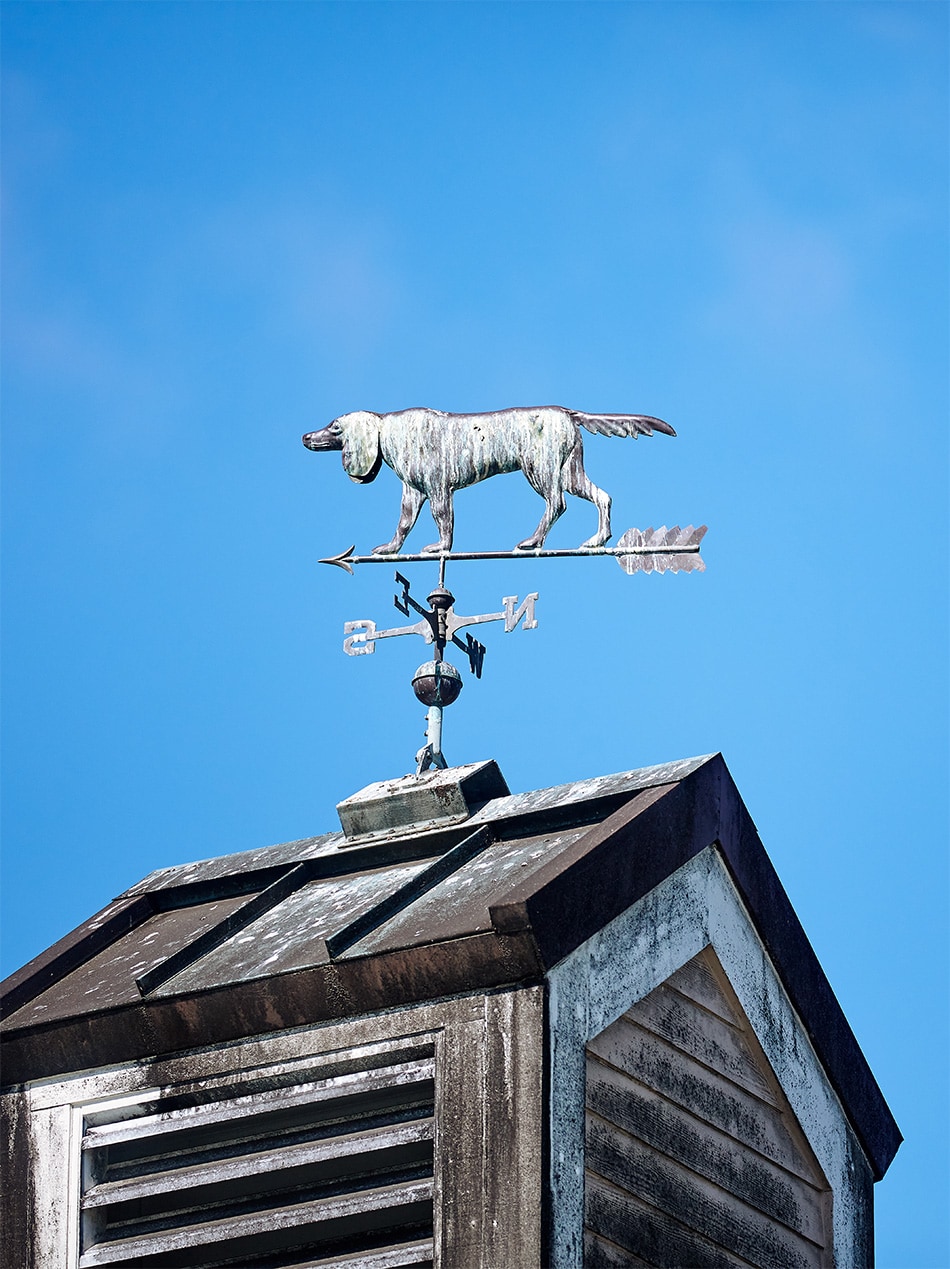We have taken great care to respect the purity of the land by seeking organic certification from the outset. Our estate vineyards are certified by California Organic Farmers (CCOF).
Bees
Bees cross-pollinate crops which allow grapes to grow. They are also pollinators for insectaries and help flowers succeed, which in turn draws beneficial predators such as lady beetles, green lacewings, soldier beetles, and other bugs.
Constructed Wetlands
Our estate features one of only a handful of constructed wetlands in Sonoma County. Wastewater runs through the wetlands before it arrives in the reclamation pond. An ecosystem of beneficial insects and wildlife enjoy the foliage the wetlands provide.
Owls
Barn owls are a farmer’s best defense against rodents. A barn owl’s diet consists mainly of small rodents such as moles, mice, and rats. Installing barn owl boxes around the vineyard enables us to have natural rodent control. One family of owls eats up to 1,000 rodents each year.
Reclamation Pond
Our reclamation pond recycles 100 percent of the winery’s wastewater for reuse in irrigating vineyards and landscaping on the property. This process eliminates dependence on outside water sources, creating a surplus at the winery and protecting the local aquifer from overuse.
Cover Crops
Between the vines, we find cover crops very helpful in revitalizing the soil, suppressing weeds, and providing nutrition for the vines. They also help us avoid erosion and aerate the soil.
Composting
We create compost from stems and pomaces which are byproducts of our winemaking process. These are composted down and reused, adding nutrients back into our soil.


Marketing Strategy by Sugarfly Inc.
Design by Pembroke Studios.
Development by Wine Works.
Photography by Kim Carroll and Nick LaVecchia.